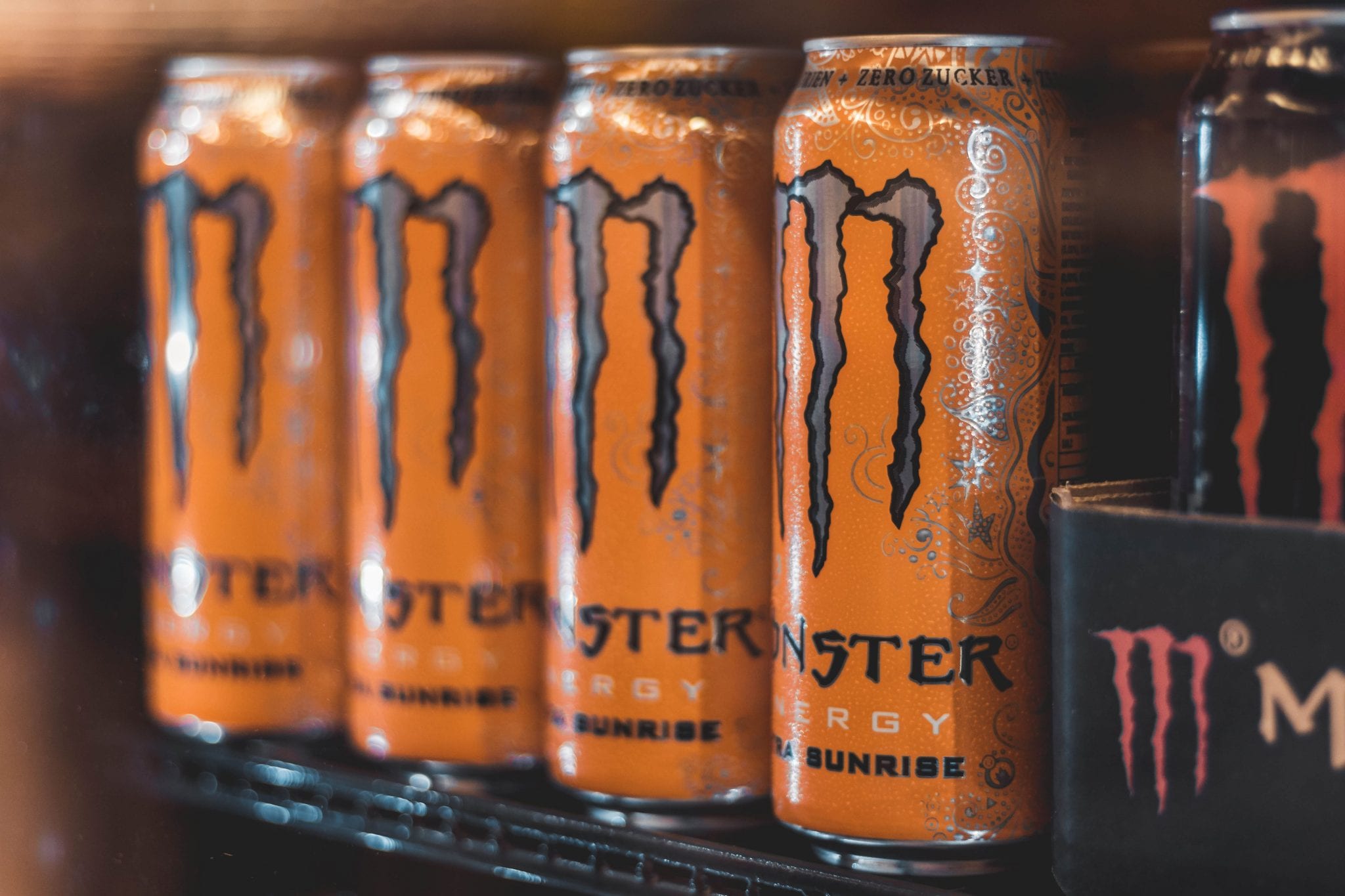You might be wondering if energy drinks have a negative effect on your heart. Read on to see the relationship between energy drinks and your heart’s health.
Energy Drinks have been on the rise over the past decade. About 30% of Americans ages 12 through 17 drink energy drinks daily! That’s almost 1/3 of America’s teenagers hopped up on excessive amounts of caffeine daily.
With so many of America’s youth drinking these every day, it is important to know the relationship between energy drinks and your heart’s health!
The evidence
A 2019 study published in the Journal of the American Heart Association showed increased blood pressure measurements. 34 participants were randomly assigned to drink 32 ounces of energy drink or placebo on three different days.
Researchers charted the heart’s electrical activity by measuring the time it takes the lower chambers to prepare to beat again. If that time interval is either too short or too long, the heart can beat abnormally, which can be life-threatening.
Those who consumed an energy drink found that interval higher when compared to placebo drinkers. They also experienced a rise in both the top and bottom numbers of blood pressure.
“Energy drinks are readily accessible and commonly consumed by a large number of teens and young adults, including college students,” said study co-author Kate O’Dell, “Understanding how these drinks affect the heart is extremely important.”
 The consequences
The consequences
Scientists aren’t sure of the long-term effects of regularly drinking energy drinks, so the best guess we have is the short-term data that we have. And it doesn’t look great!
Between 2007 and 2011, the number of energy drink-related visits to emergency rooms doubled. In 2011, 1 in 10 of these visits resulted in hospitalization.
The 2019 study said, “Although commonly promoted as supplements that can boost performance and cognition, these drinks… have numerous detrimental side effects, particularly cardiovascular and neurological in nature.”
Energy drinks contain large amounts of caffeine. That’s what gives you the energy! Unfortunately, caffeine may cause serious health problems, including heart rhythm disturbances and increases in heart rate and blood pressure. Caffeine might also be dangerous to children as their cardiovascular and nervous systems are still developing.
Moreover, energy drinks have high sugar content that can lead to diabetes and obesity. The amount of sugar found in your typical energy drink is easily half of your daily recommended allowance.
They are also full of empty calories, something that affects even their sugar-free versions. These attributes affect everyone, but especially people who don’t lead an active lifestyle.
Lastly, the high sugar content can have short-term consequences (such as weight gain), but also long-term damage as prolonged use can lead to diabetes.
The bottom line
In conclusion, if you suffer from high blood pressure or heart problems, avoid energy drinks all together. If you don’t currently suffer from those conditions, be wary of your energy drink consumption. Even if you feel in great health, energy drinks could be harmful to you.
If you really need that extra spark, seek to boost your energy levels naturally. Your lifestyle might be draining your energy without you even knowing it! For example, factors like sleep, diet, stress management, and exercise determine your body’s natural energy levels. Ditch the Monsters and read this article to see how you can naturally boost your body’s energy levels.

